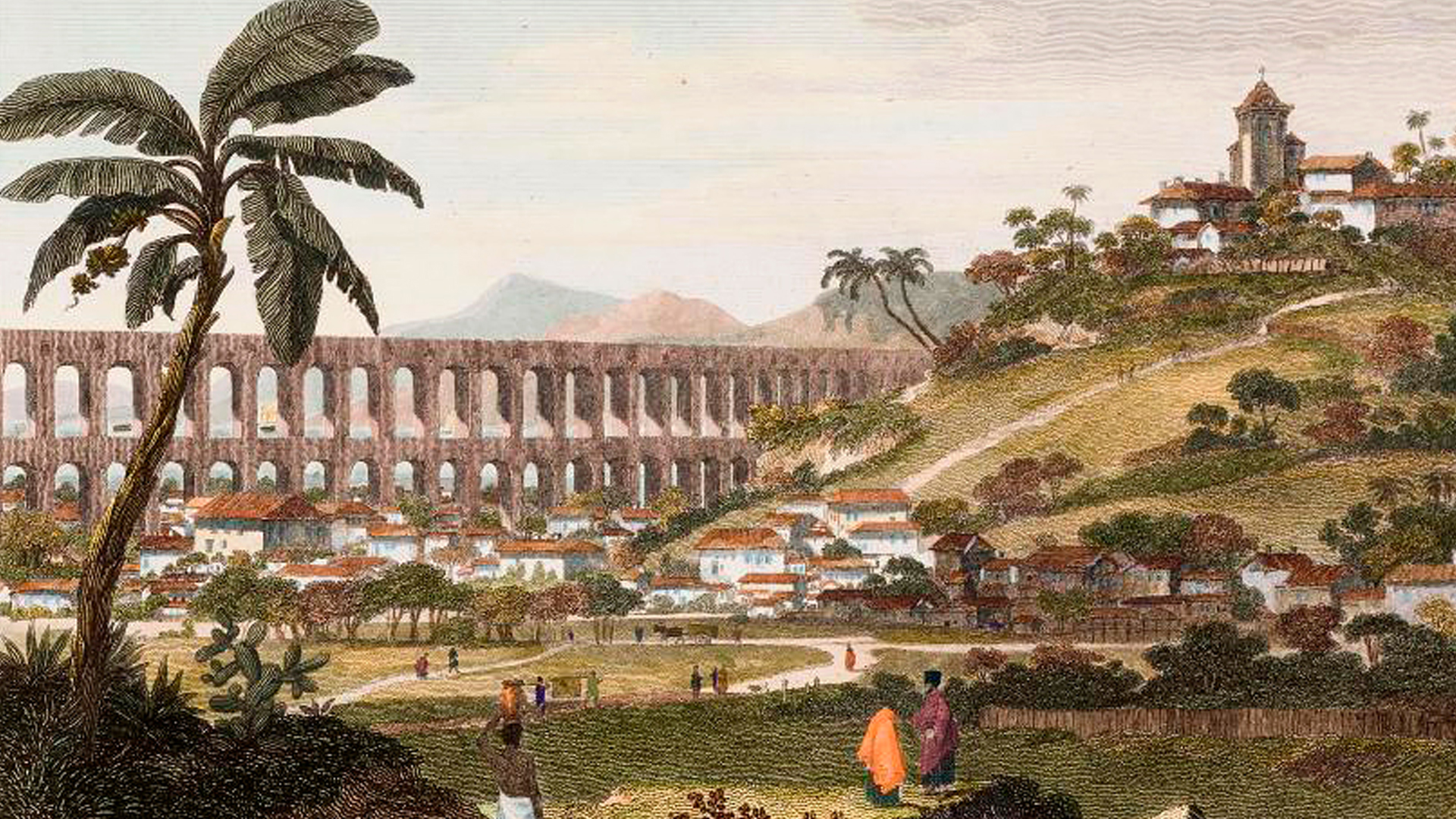On August 31, 1763, Rio de Janeiro became the capital of Brazil, replacing Salvador. This capital status was maintained until 1960 when Brasília assumed the role of the government’s headquarters.

The relocation of the Portuguese court to Brazil in 1808 brought with it the establishment of various institutions in the city of Rio de Janeiro, including the Military Academy, the Royal School of Sciences, Arts, and Crafts, the Imperial Academy of Fine Arts, the National Library, and the Botanical Garden. This made Rio a unique city, being the only one in the world to host a European empire outside of Europe.
In 1834, to separate the city of Rio from the province of Rio de Janeiro, the city was transformed into a neutral municipality, and Niterói became the new capital of the province. However, with the decline of the Old Republic and the fall of the coffee economy, Rio de Janeiro lost political influence to states like São Paulo and Minas Gerais.

Matheus Araújo
Matheus Araújo is the founder and editor of Brazilian History. Born in Rio de Janeiro and holding a degree in Advertising and Marketing, his passion for history led him to enroll at the Federal University of the State of Rio de Janeiro, where he is currently pursuing a degree in History Education.
